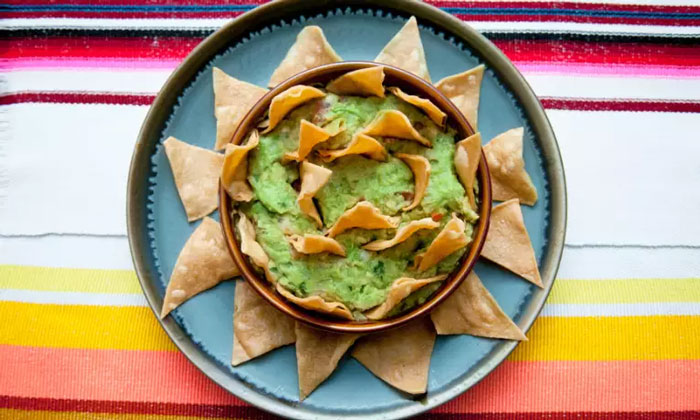If you follow the latest Dietary Recommendations from scientists, there isn't a strict top limit on how much complete fat you must eat. It's also good to know that foods like fish, avocados, nuts, as well as extra-virgin olive oil, have a variety of healthy fats in them. They give your long-term body energy, help you remain full for longer, and improve your health get fat-soluble vitamins. It gives the body energy in the type of cals without causing the body to produce insulin. It also helps absorb essential fat-soluble vitamins E, A, D, and K. Besides making food taste good, fats also help us feel full after eating. Here we will discuss that is it possible to eat too much healthy fat.
Which Fats Are The Best for You?

Foods and oils that have moderate-chain triglycerides, omega-3s, as well as omega-9s are thought to be healthy. Foods that are strong in omega-6 fats, saturated fats, as well as trans fats are not good for you. Anyone these days talks about how good natural fats are for you. Is it possible to overeat healthy fat? Yes, that's correct. Saturated fat and unsaturated fat are either important for good health, but only when they're in the balance, right amount, and quality for your body.
Quantity
It's never an excellent idea to eat excessively any kind of food and numerous calories. Fat, perhaps "healthy" fat can create issues if we eat enough because it has more calories per gram than carbs and protein. This is even truer if you mix the fat with sugars and refined carbs like bread. Inflammation that could cause many long-term illnesses is caused by this mixture of fat and other foods. It's not just the fat itself that affects your metabolism.
Balance
Because most foods have both saturated fats and unsaturated fats, a few foods have more healthy fats than others. Polyunsaturated omega-3 fats, which are discovered in hazelnuts, flax, as well as fish, are good for you and help fight inflammation. If you eat a lot of omega-6 fats that can be found in certain seeds and nuts, as well as in vegetable oils such as soybean, canola, and sunflower oil, they can cause swelling.

They could also be bad if heated to extreme temperatures because they release bad free radicals. Some omega-6 can be good for you; however, most individuals eat extra than they need to. There are 15 times more omega-3s and omega-6s in the typical American eating habits than there are. 2 to 4 omega-6s for each omega-3! People who eat olive oil and avocados that have Omega-9s in them are also good to them.
Quality
Numerous oils are heated and extracted with chemical products such as solvents and hexane to make them. Since these oils have chemicals that build up in the body, it's not good to eat them. It would be best if you searched for cold-pressed and expeller-pressed oils, as well as oils that have been pressed. Since pesticides can be absorbed by fats, we want to see pesticide-free seedlings, seeds, and oils. Grass-fed meat, butter, as well as dairy products all has good amount of omega-3 fats than grain-fed dairy products and meat.
Good Fats Help Keep Your Brain Healthy
On the other side, there are healthy fats that are polyunsaturated and mono fats that are in liquid form at room temperature, extracted from plant-based source materials like olive oil, they also act in a very different way in the body than bad fats do. Rather than clogging up the body, such fats can be considered "greasing the tyres." Keep in mind that they aren't going to kill you.
It's Possible To Have Too Much Fat, Sometimes Healthy Fat
Recently, there have been a lot of studies to show that there are good and bad fats in food. The good fats come from seeds, and nuts, as well as plant-based foods, and the bad fats come from dairy and meat. If you eat them in moderation, they can be an essential component of healthy nutrition. The issue is that perhaps good fats have a lot of calories. Each teaspoon of olive oil, for example, has 119 calories. Therefore if you want to lose weight, here it is.
All fat can be a problem for people who have been told to cut back on fat and eat a lot of whole foods and plants to treat or get rid of things like heart disease, fatty livers, obesity, diabetes, and any other problem they have. We're talking about healthy fats, like what they are, how often you should eat, and which foods have them.
The Bottom Line
Great-quality fat is excellent for you when you eat it in the right amount and in the right way. Eat healthy fats in small amounts as part of a well-balanced, whole-foods diet. If you want fats, look for plant foods that have fats in them, like nuts, avocados, olives, and seeds. Eat fish because it is good for your body. Include a small number of animal products. Avoid omega-6-rich processed foods. Eat your food and don't eat too much, even if it's healthy.




